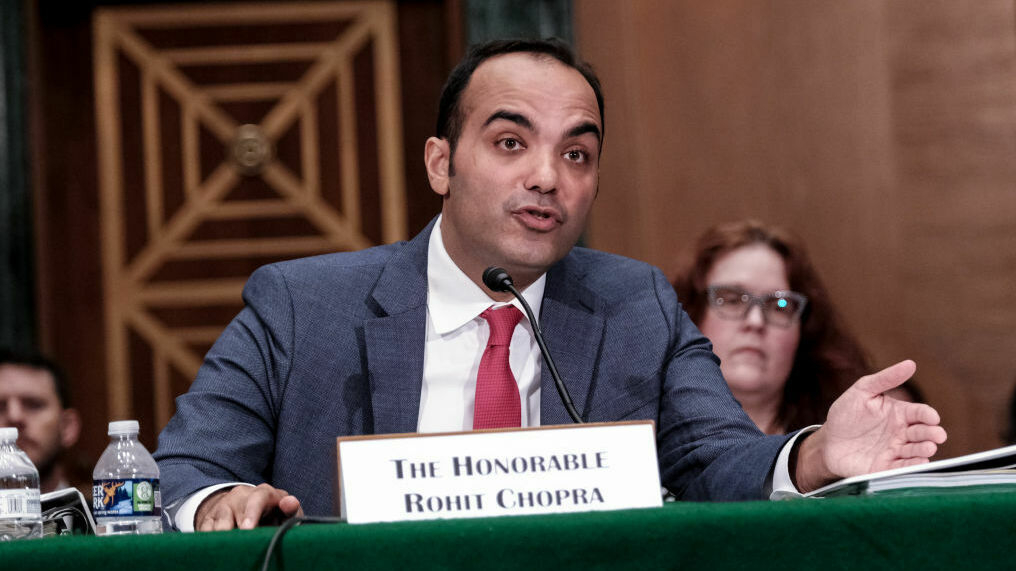The Consumer Financial Protection Bureau (CFPB) has introduced regulations to remove medical debt from credit reports and cap credit card late fees, gaining significant public support. However, these changes could have unintended consequences, potentially disrupting interactions between providers and patients and altering general credit access.
Although these rules are not yet fully implemented — with the credit card late fee regulation still under judicial review — the long-term effects are yet to be seen. For some consumers, these changes may reduce the incentive to make timely payments, impacting healthcare providers and financial institutions (FIs).
Recently, the CFPB proposed a rule to prevent credit reporting companies from sharing medical debts with lenders and to bar card issuers from using medical information in their decision-making processes.
“We expect that Americans with medical debt on their credit reports will see their credit scores rise by 20 points, on average, if today’s proposed rule is finalized,” the CFPB stated. This implies that more credit, including mortgages, could be available to consumers as the $88 billion in medical debt would be removed from credit reports.
Critics, such as Rep. Patrick McHenry (R-N.C.), Chairman of the House Financial Services Committee, argue that removing medical debt from credit reports “will have a negative impact on our credit and healthcare systems,” and that eliminating an entire category of debt from credit reports is “badly misguided.”
What Happens Next?
The potential impacts on credit card companies, should the late fee cap of $8 be enforced, offer insights into possible outcomes in the healthcare sector. Companies like Synchrony and Bread Financial have already increased fees and interest rates on certain lending products, including credit cards, to compensate for lost income from late fees.
A broader concern is whether consumers will be less motivated to make timely payments, viewing an $8 fee as a manageable penalty for revolving debt.
During the pandemic’s peak in 2021, out-of-pocket medical expenses were rising at double-digit rates, with unpaid medical debt reaching $140 billion. Some consumers might opt for medical care without timely payment, knowing it won’t affect their credit scores. This could lead healthcare providers to demand upfront payments, work more closely with consumers on installment plans with auto-debit options, or reduce acceptance of credit cards, thereby limiting payment options for patients.




